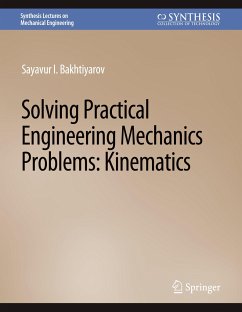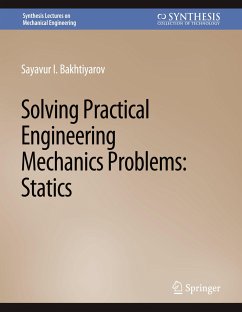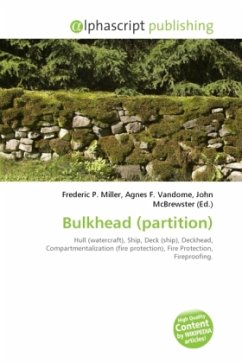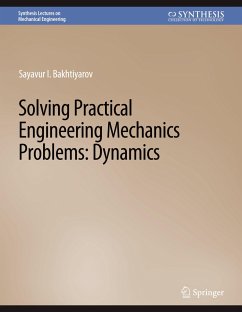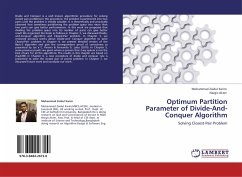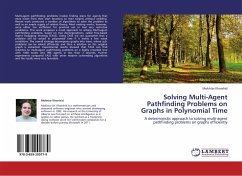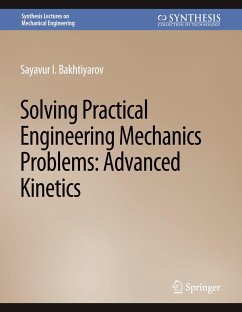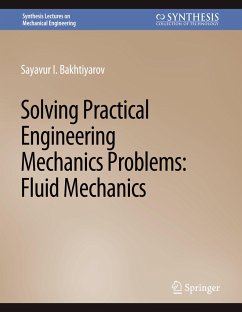
Solving Partition Problems
A Branch-and-Cut Approach based on Semidefinite Programming
Versandkostenfrei!
Versandfertig in 6-10 Tagen
32,99 €
inkl. MwSt.

PAYBACK Punkte
16 °P sammeln!
The minimum k-partition (MkP) problem is the problemof partitioning the set of vertices of a graph into kdisjoint subsets so as to minimize the total weightof the edges joining vertices in the same partition.The main contribution is the design andimplementation of a novel iterative clusteringheuristic (ICH) based on semide nite programming to nd feasible solutions for the MkP problem. Wecompare ICH to the hyperplane rounding techniques,and the computational results support the conclusionthat ICH consistently provides better feasiblesolutions for the MkP problem. We use ICH in abranch-and-cut a...
The minimum k-partition (MkP) problem is the problem
of partitioning the set of vertices of a graph into k
disjoint subsets so as to minimize the total weight
of the edges joining vertices in the same partition.
The main contribution is the design and
implementation of a novel iterative clustering
heuristic (ICH) based on semide nite programming to nd feasible solutions for the MkP problem. We
compare ICH to the hyperplane rounding techniques,
and the computational results support the conclusion
that ICH consistently provides better feasible
solutions for the MkP problem. We use ICH in a
branch-and-cut algorithm to provide feasible
solutions at each node of the branch-and-bound tree.
The branch-and-cut algorithm computes globally
optimal solutions for dense graphs with up to 60
vertices, for grid graphs with up to 100 vertices,
and for different values of k, providing the best
exact approach to date for k 2.
of partitioning the set of vertices of a graph into k
disjoint subsets so as to minimize the total weight
of the edges joining vertices in the same partition.
The main contribution is the design and
implementation of a novel iterative clustering
heuristic (ICH) based on semide nite programming to nd feasible solutions for the MkP problem. We
compare ICH to the hyperplane rounding techniques,
and the computational results support the conclusion
that ICH consistently provides better feasible
solutions for the MkP problem. We use ICH in a
branch-and-cut algorithm to provide feasible
solutions at each node of the branch-and-bound tree.
The branch-and-cut algorithm computes globally
optimal solutions for dense graphs with up to 60
vertices, for grid graphs with up to 100 vertices,
and for different values of k, providing the best
exact approach to date for k 2.



